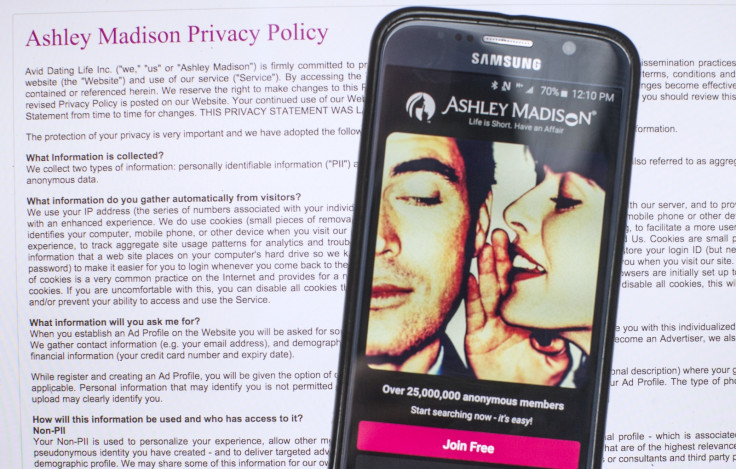Social media users found signing up without reading fine print
An experimental survey revealed that 74% users skipped reading privacy policies while opening new social media accounts.
Terms of Service (TOS) and privacy polices (PP) are perhaps some of the most loathed reading materials available. Have you ever clicked on that innocuous looking "I have read the terms and conditions" box without actually having done so? Take heart, for you are not alone. A new experiment, which involved researchers setting up a fictitious social media site called "NameDrop" revealed that 74% users opted to "quick join" NameDrop, without reading the privacy policy.
The authors of the study, Jonathan Obar of York University, and Anne Oeldorf-Hirsch of University of Connecticut, surreptitiously sneaked in some "gotcha clauses" like the Rumpelstiltskin-like Herod clause, which 98% users missed. The study also found that yet another "gotcha clause" about user data being shared with the NSA and employers also went unnoticed.
What is a Herod clause?
It is a clause in a contract, usually buried deep under pages of information and in fine print. It obligates the signatory to comply with an unacceptable condition - giving up their firstborn child. Such clauses are sometimes used as a test to determine whether the contract has been read by the client.
In this case, the study used the clause to showcase the apathy and disinterest among users, in properly reading through privacy policies and terms of service conditions, when signing up for new social media network accounts.
The study titled "The Biggest Lie on the Internet: Ignoring the Privacy Policies and Terms of Service Policies of Social Networking Services", involved recruiting 543 participants to sign up for the site to perform a "pre-launch evaluation" of the new site. NameDrop's PP was limited to 7,977 words and its TOS weighed in at 4,316 words. According to the study, it should take an average adult "between 29 and 32 minutes to read NameDrop's privacy policy and 15 and 17 minutes for TOS".
However, the study found that 80% spent less than a minute and 94% spent less than five minutes reading the PP, while 87% spent less than a minute and 97% spent less than five minutes reading the TOS for the fake social media site.
The study concludes by calling for a change in online transparency, adding that "they leave digital citizens with nothing more than an empty promise or protection, an impractical opportunity for data privacy self-management, and... too much homework." Researchers also cast doubt on how such a system can hope to protect children in the digital space when even adults are baffled by the challenges it poses. The study cautions that in the event that governments and firms do not offer "pragmatic alternatives" to the issue, then "the internet's biggest lie will surely move from anecdote to liability".

© Copyright IBTimes 2025. All rights reserved.






















